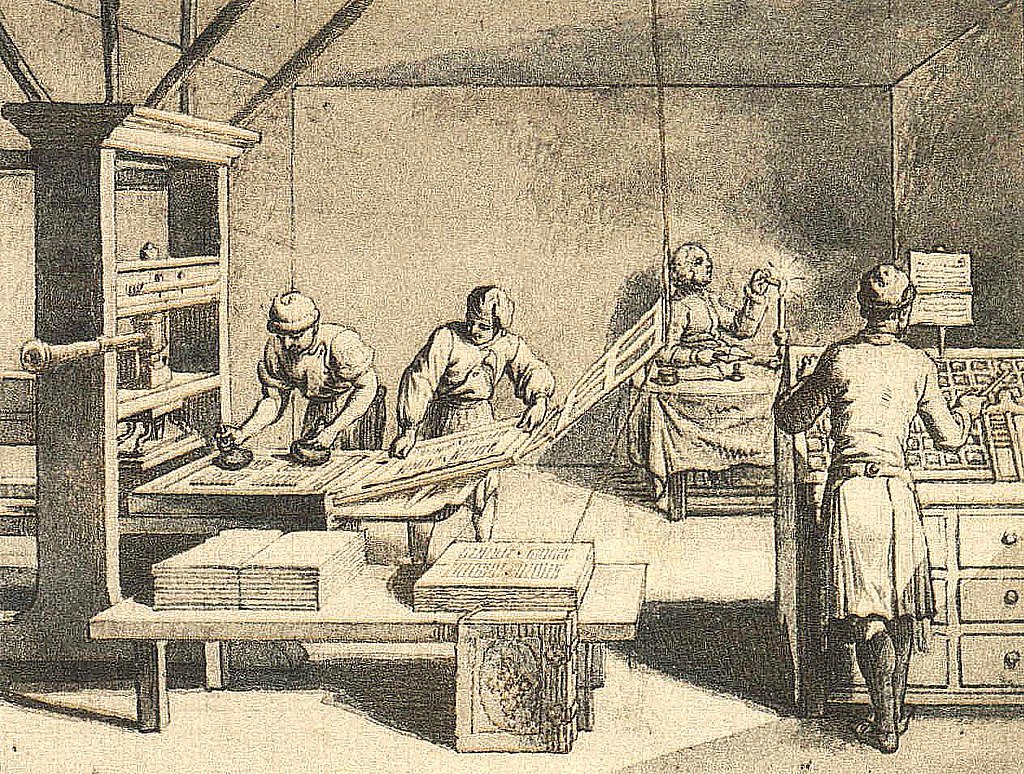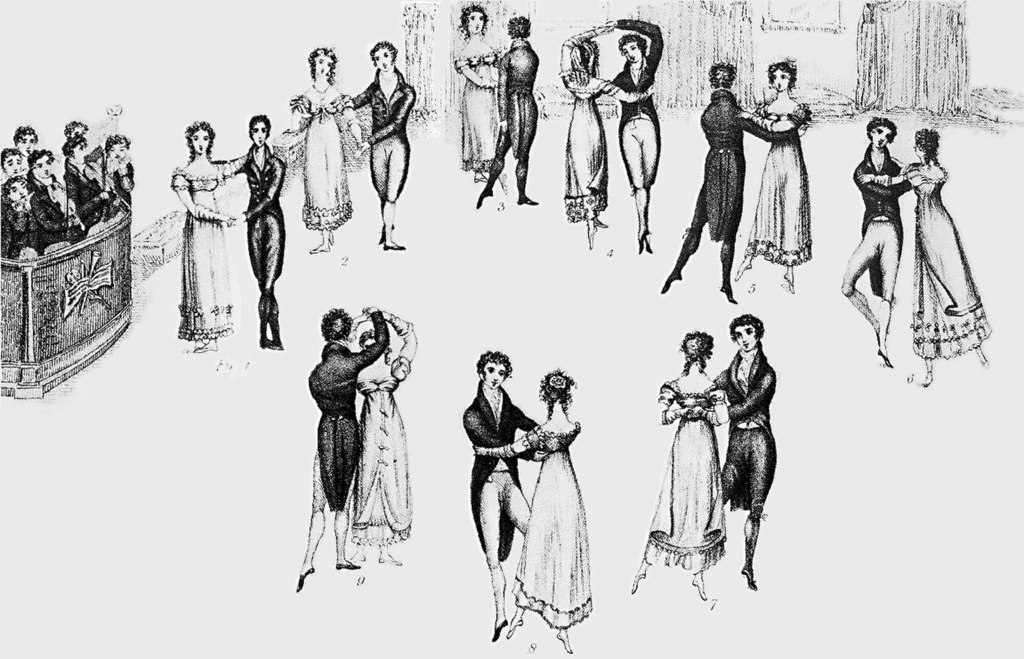It’s been a year since ChatGPT and other more or less sophisticated AI tools entered our digital world. I say “tool”, because that is what I mostly hear, when I talk to Wikimedians. AI is a tool. For some is helpful, for others not.
It is a tool. But the importance comes from the fact that it’s also a medium (I’m not talking of ontological matters here, although I’m not underestimating the dark charm of Ava from Alex Garland’s Ex Machina).
If Marshal McLuhan is right about the power of the mediums, we’re experiencing a major civilizational shift now. AI tools sped up the process that has started a hundred years ago. Let me talk about history first.
It had happened before. Around year 1450 Johannes Gutenberg constructed a printing press, and changed the whole civilization. The culture of the western world started to move from Spoken Word to Written Word. Before that, the story was told and the knowledge was absorbed by listening.

Marshal McLuhan ties the civilizational turning points with the changes in communication processes and with the appearance of a new medium. New medium changes the civilization.
The success of the culture of Written Word was not immediate. It took a while to develop the technology of mass printing, paper production, distribution. And it took people 400 years to learn to read. After four centuries, Written Word culture finally wholly triumphed. Around the year 1920 almost all citizens of western countries could read, and the written word became the first source of knowledge and information. The peak of the Written Word culture was not that long ago. It seems like yesterday, thousands of people from all over the world, started to create the biggest written project in history – Wikipedia. They did it for free and gave it to the world for free.
At the same time, when the Written Word culture triumphed, a new culture was born. The cinema, radio and television came into existence, and Written Word culture had to make more and more space for the culture of Spoken Word and Moving Pictures. Two major ways of absorbing the knowledge: first by reading, second by listening and watching seemed to complement each other. But things have changed rapidly in the last twenty years. We have been observing how infotainment TV and social media with their short clips influenced the way we see the world.
Jacek Dukaj, Polish writer, goes further into the future and says that we’ll enter the Post-Written world, where the ability of reading and writing is forgotten by most of the society, because there are more efficient ways of absorbing the knowledge.
If McLuhan’s pattern is correct, the AI tools will speed up the change into Spoken Word and Moving Picture civilization. It also means that the change we observe now: young people like multimedia, older ones like text, is not only generational. It’s civilizational. What it means to Wikimedia? Well, Wikipedia is a white page with text on it, isn’t it?
And here comes Asaf Bartov. In September 2023 in Tbilisi, during the CEE Meeting Conference, Asaf had a presentation and said something that simply and witty is exemplifying the issue I’m talking about: the Wikipedia articles on dance didn’t or still don’t have video materials showing a dance. The dance is described by a text on a white page. Written Word culture vs Moving Picture culture.

Maryana Pinchuk precisely described the challenges for the movement. And these challenges are broad. Activities like visiting Wikipedia pages and reading the article will become rarer and rarer. It’s good to be prepared for a new civilizational environment. And something tells me, this time, the whole process of moving from Written Word Culture to Non-Written will take less than 400 years.
So what can chapter like us can do about this?
First, let’s fill the multimedia gaps in articles. It’s not only enriching the content. It’s opening new channels of communication, and maybe, for example, new places to display banners.
Second, let’s meet and talk. We know people who know people. We are not an influential empire, but we can try harder when it comes to informing the world about the importance of open sources and open knowledge.
We’ll listen and talk to the young. The forms of participation in Wikimedia movement will probably evolve. It would be great if the next generation of Wikimedians felt here like at home.
We’ll use Wikimedia Poland strategy as a guide and background for this and further actions. The directions in the document are quite accurate for new times.
So, what I’m trying to say here is that AI is not just a tool. The appearance of a new medium means that the steady civilizational process that has lasted over a century now, will sped up and the idea of white page covered by text might be not that attractive as it was. But for now, let’s not drop the pleasure of writing. Please comment this by typing words. This is probably the last decade we do that.

Can you help us translate this article?
In order for this article to reach as many people as possible we would like your help. Can you translate this article to get the message out?
Start translation